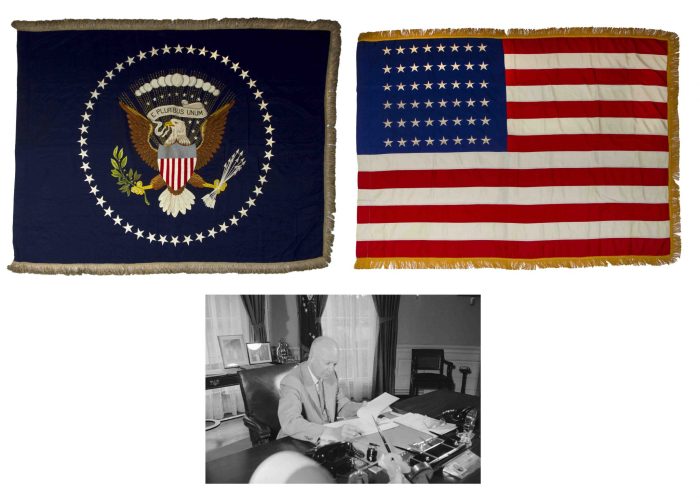Native Americans beware of foreign influence: This phrase encapsulates the historical distrust and ongoing concerns within Native American communities regarding external influences that threaten their sovereignty, cultural integrity, and economic well-being. From the era of colonization to the present day, Native Americans have faced challenges in navigating the complex interplay between foreign powers and their own cultural traditions.
This article delves into the historical context that has shaped Native American perceptions of foreign influence, examines modern manifestations of these concerns, and explores the cultural, economic, and political implications for Native American communities. It also highlights the importance of media representation, education, and awareness in fostering understanding and addressing the unique challenges faced by Native American tribes.
Historical Context
The distrust between Native Americans and foreign influences has deep historical roots. Colonization, particularly by European powers, played a significant role in undermining Native American sovereignty and disrupting their traditional way of life. The forced removal of Native Americans from their ancestral lands, the imposition of foreign laws and customs, and the suppression of their languages and cultures created a profound sense of resentment and distrust towards outsiders.
Modern Manifestations
Today, Native Americans continue to perceive foreign influence as a threat to their communities. Concerns include the exploitation of natural resources, the introduction of foreign businesses and investments, and the influence of foreign governments on tribal politics.
For example, the Dakota Access Pipeline, a major oil pipeline project, has faced strong opposition from Native American tribes who believe it threatens their sacred lands and water resources.
Cultural Preservation
Cultural preservation is of paramount importance for Native American communities. Their traditions, languages, and spiritual beliefs are integral to their identity and well-being. Foreign influences that threaten these cultural practices can have devastating consequences.
The influx of non-Native tourists, for instance, can lead to the commercialization and trivialization of Native American ceremonies and cultural artifacts.
Economic Concerns

Native American communities often face significant economic challenges. Foreign investments and partnerships can provide opportunities for economic development, but they also raise concerns about exploitation and the loss of control over tribal resources.
In some cases, foreign companies have been accused of unfair business practices, such as paying low wages and damaging the environment.
Political Implications

Foreign influence can have significant political implications for Native American tribes. Foreign powers may seek to exploit divisions within Native American communities or use their influence to gain access to resources or political favors.
For example, some foreign governments have provided financial support to Native American tribes that are opposed to U.S. policies.
Media Representation

The media plays a crucial role in shaping perceptions of Native Americans and foreign influence. Stereotypes and biases in media portrayals can contribute to misunderstandings and perpetuate negative attitudes towards Native Americans.
For instance, the media often portrays Native Americans as being dependent on government assistance or as being unable to manage their own affairs.
Education and Awareness

Education and awareness are essential for fostering understanding between Native Americans and foreign cultures. Educational programs that promote cultural exchange and respect can help to break down stereotypes and build bridges.
Initiatives that raise awareness about the unique challenges faced by Native American communities can also contribute to a more informed and empathetic public.
Answers to Common Questions: Native Americans Beware Of Foreign Influence
What are the historical roots of Native American distrust of foreign influence?
Native American distrust of foreign influence stems from centuries of colonization, forced assimilation, and broken treaties that have eroded their sovereignty and cultural identity.
How does foreign investment impact Native American economies?
Foreign investment can both benefit and harm Native American economies. While it can provide capital and create jobs, it can also lead to the exploitation of natural resources and cultural assets.
What role does media representation play in shaping perceptions of Native Americans and foreign influence?
Media representation often perpetuates stereotypes and biases that contribute to misunderstandings and perpetuate negative perceptions of Native Americans and their relationship with foreign entities.